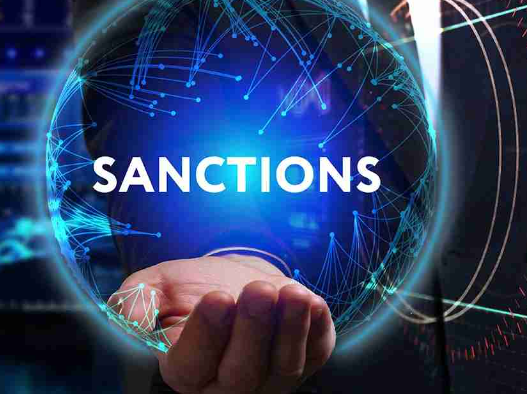France is proposing severe measures to curb the spread of misinformation across the European Union. This approach stems from concerns that Russia is actively seeking to destabilize the EU. Stephane Sejourne, France’s Foreign Minister, has claimed that Russia utilizes deceptive tactics to affect public opinion and falsely accuses Ukraine of different misdeeds. France is steadfast in its desire to counter Russia’s disruptive operations within the EU. As a result, they are proposing punishment against persons or entities involved in the spread of falsehoods and the inciting of unrest in both France and the larger European Union.
France’s Proposal on Sanctions to protect democratic norms
Furthermore, France’s proposal emphasizes the crucial need to protect democratic norms and the integrity of public discourse throughout the EU. Stephane Sejourne emphasizes that the spread of disinformation is a danger to the cohesiveness and stability of European societies. France hopes to strengthen the EU against external meddling while also upholding the norms of transparency and truthfulness in democratic administration by addressing those who aid in the spread of misinformation and chaos. This project is consistent with the EU’s broader efforts to combat disinformation operations and strengthen resilience to negative influence from external actors. France wants to promote an atmosphere of trust and responsibility through joint action and strict penalty enforcement, strengthening European democracies’ resistance against subversive techniques.
History of Sanctions
Since the beginning of Russia’s unlawful military action against Ukraine on February 24, 2022, the European Union has consistently responded with a series of punitive measures implemented in close collaboration with its international allies. The EU has imposed 13 comprehensive packages of sanctions on Russia, demonstrating its steadfast commitment to holding those responsible for aggression and violations of international law accountable. Notably, Belarus has received targeted sanctions as a result of its growing engagement in the conflict alongside Russia.
The EU’s response to sanctions has matured into a consistent and coordinated effort to meet the various difficulties posed by Russian aggression. This long-term participation was confirmed on February 24, 2024, with the implementation of yet another powerful sanctions package. These measures include a wide range of restrictions intended to put pressure on Russia’s economy and prevent future aggression.
These sanctions include rigorous export limits, particularly on dual-use and high-technology items, as well as prohibitions on the export of vehicles, machinery, and construction materials. Import restrictions have been enforced on certain items that are important to Russia’s revenue, such as synthetic rubber, severely restricting the country’s economic lifelines.
Furthermore, the EU has adopted several prohibitions to protect Europe’s key infrastructure and information space from potential Russian attacks. These steps demonstrate the EU’s steadfast commitment to defending its sovereignty, protecting its citizens, and maintaining international legal standards in the face of aggression and destabilization attempts. The EU intends to convey a clear message that abuses of sovereignty and international norms will not be allowed, and those involved will face the consequences.
Prague witnesses Misinformation
Just before the European Parliament elections in June, Czech counterintelligence revealed a pro-Russian group trying to influence Members of the European Parliament (MEPs) in Prague. This group was linked to Medvedchuk, who is close to Putin.



